“The Lord Looketh on the Heart”
1 Samuel 9–11; 13; 15–17
LDS manual: here
Reading
This lesson’s about Saul.
Ch. 9: Saul’s a tall young man from the tribe of Benjamin.
9:2 And he had a son, whose name was Saul, a choice young man, and a goodly: and there was not among the children of Israel a goodlier person than he: from his shoulders and upward he was higher than any of the people.
He runs across Samuel the Seer, who thinks he’s a bit of all right.
9:17 And when Samuel saw Saul, the LORD said unto him, Behold the man whom I spake to thee of! this same shall reign over my people.
God’s going to regret that choice. He’s got terrible people over there at Human Resources.
Ch. 10: Samuel anoints Saul to be king, and gives him a smooch.
10:1 Then Samuel took a vial of oil, and poured it upon his head, and kissed him, and said, Is it not because the LORD hath anointed thee to be captain over his inheritance?
Ch. 11: Conflict time. The Ammonites are going to gouge out the eyes of the Israelites of Jabesh. When Saul finds out about this, he hacks an ox to pieces as an object lesson.
11:6 And the Spirit of God came upon Saul when he heard those tidings, and his anger was kindled greatly.
11:7 And he took a yoke of oxen, and hewed them in pieces, and sent them throughout all the coasts of Israel by the hands of messengers, saying, Whosoever cometh not forth after Saul and after Samuel, so shall it be done unto his oxen. And the fear of the LORD fell on the people, and they came out with one consent.
Gospel Doctrine suggestion: You might want to hew an ox to pieces as a way of inviting the Spirit of the Lord into your class.
You will need: one ax, one ox.
In battle, Saul and the Israelites kill the Ammonites all day long.
11:11 And it was so on the morrow, that Saul put the people in three companies; and they came into the midst of the host in the morning watch, and slew the Ammonites until the heat of the day: and it came to pass, that they which remained were scattered, so that two of them were not left together.
And when he’s victorious, he refuses to kill those who were against his leadership. That’s a lovely gesture, Saul.
11:12 And the people said unto Samuel, Who is he that said, Shall Saul reign over us? bring the men, that we may put them to death.
11:13 And Saul said, There shall not a man be put to death this day: for to day the LORD hath wrought salvation in Israel.
Ch. 12: Samuel warns everyone to fear the God of the Bible. Really, what else would he say.
12:24 Only fear the LORD, and serve him in truth with all your heart: for consider how great things he hath done for you.
Ch. 13: Now we have a scene where Saul overreaches a bit. There’s a battle planned, and Samuel the seer said he’d show up and offer a sacrifice, because we all know that’s what makes you win.
13:5 And the Philistines gathered themselves together to fight with Israel, thirty thousand chariots, and six thousand horsemen, and people as the sand which is on the sea shore in multitude: and they came up, and pitched in Michmash, eastward from Bethaven.
But Samuel doesn’t show up for a week! Where is he? Saul texts him, but he’s not answering his phone.
13:8 And he tarried seven days, according to the set time that Samuel had appointed: but Samuel came not to Gilgal; and the people were scattered from him.
So Saul performs the sacrifice himself.
13:9 And Saul said, Bring hither a burnt offering to me, and peace offerings. And he offered the burnt offering.
13:10 And it came to pass, that as soon as he had made an end of offering the burnt offering, behold, Samuel came; and Saul went out to meet him, that he might salute him.
Samuel’s pissed. Saul explains himself, rather unconvincingly.
13:11 And Samuel said, What hast thou done? And Saul said, Because I saw that the people were scattered from me, and that thou camest not within the days appointed, and that the Philistines gathered themselves together at Michmash;
13:12 Therefore said I, The Philistines will come down now upon me to Gilgal, and I have not made supplication unto the LORD: I forced myself therefore, and offered a burnt offering.
13:13 And Samuel said to Saul, Thou hast done foolishly: thou hast not kept the commandment of the LORD thy God, which he commanded thee: for now would the LORD have established thy kingdom upon Israel for ever.
We also meet Saul’s son Jonathan. He’s going to be the romantic interest in the next lesson.
13:16 And Saul, and Jonathan his son, and the people that were present with them, abode in Gibeah of Benjamin: but the Philistines encamped in Michmash.
Ch. 14: A story the manual skipped. Jonathan is off killing Philistines, and Jehovah/Jesus uses that old trick Gideon used: Confuse them and they’ll kill each other.
14:16 And the watchmen of Saul in Gibeah of Benjamin looked; and, behold, the multitude melted away, and they went on beating down one another.
In the meantime, Saul has commanded everyone to fast until evening, under threat of death. There’s even some honey just sitting on the ground, and no one eats it. Must have been made by some of those ground bees.
14:24 And the men of Israel were distressed that day: for Saul had adjured the people, saying, Cursed be the man that eateth any food until evening, that I may be avenged on mine enemies. So none of the people tasted any food.
14:25 And all they of the land came to a wood; and there was honey upon the ground.
14:26 And when the people were come into the wood, behold, the honey dropped; but no man put his hand to his mouth: for the people feared the oath.
When Jonathan comes back, he doesn’t know about the food ban, so he grabs some of the honey.
14:27 But Jonathan heard not when his father charged the people with the oath: wherefore he put forth the end of the rod that was in his hand, and dipped it in an honeycomb, and put his hand to his mouth; and his eyes were enlightened.
Apparently, the honey makes him reach enlightenment, so his father Saul has to kill him, not just for breaking the fast, but also for becoming a Buddhist.
14:28 Then answered one of the people, and said, Thy father straitly charged the people with an oath, saying, Cursed be the man that eateth any food this day. And the people were faint.
Saul figures out what happened by casting lots.
14:42 And Saul said, Cast lots between me and Jonathan my son. And Jonathan was taken.
14:43 Then Saul said to Jonathan, Tell me what thou hast done. And Jonathan told him, and said, I did but taste a little honey with the end of the rod that was in mine hand, and, lo, I must die.
14:44 And Saul answered, God do so and more also: for thou shalt surely die, Jonathan.
Now I can see why Jehovah/Jesus chose this guy: he’s willing to sacrifice his son Jonathan over a trivial detail that he didn’t even know about.
But the people come to Jonathan’s defence.
14:45 And the people said unto Saul, Shall Jonathan die, who hath wrought this great salvation in Israel? God forbid: as the LORD liveth, there shall not one hair of his head fall to the ground; for he hath wrought with God this day. So the people rescued Jonathan, that he died not.
Isn’t it nice that rank-and-file members are often better than the leaders and gods?
Ch. 15: With that out of the way, it’s time for more genocide! Jehovah/Jesus still has it in for the Amalekites for what their parents did a hundred years ago. ‘We believe that every man will be punished for his own transgression’, unless you’re an Amalekite.
15:2 Thus saith the LORD of hosts, I remember that which Amalek did to Israel, how he laid wait for him in the way, when he came up from Egypt.
15:3 Now go and smite Amalek, and utterly destroy all that they have, and spare them not; but slay both man and woman, infant and suckling, ox and sheep, camel and ass.
The killing begins. But Saul doesn’t obey God to the letter, because he leaves some things alive.
15:8 And he took Agag the king of the Amalekites alive, and utterly destroyed all the people with the edge of the sword.
15:9 But Saul and the people spared Agag, and the best of the sheep, and of the oxen, and of the fatlings, and the lambs, and all that was good, and would not utterly destroy them: but every thing that was vile and refuse, that they destroyed utterly.
Boy, God sure is sorry that he called Saul. Guess he didn’t foresee what would happen.
15:10 Then came the word of the LORD unto Samuel, saying,
15:11 It repenteth me that I have set up Saul to be king: for he is turned back from following me, and hath not performed my commandments. And it grieved Samuel; and he cried unto the LORD all night.
Saul: rejected for incomplete genocide.
15:22 And Samuel said, Hath the LORD as great delight in burnt offerings and sacrifices, as in obeying the voice of the LORD? Behold, to obey is better than sacrifice, and to hearken than the fat of rams.
15:23 For rebellion is as the sin of witchcraft, and stubbornness is as iniquity and idolatry. Because thou hast rejected the word of the LORD, he hath also rejected thee from being king.
Samuel does the job himself: he hews King Agag to pieces. Have you even hewn someone? It’s not a pretty sight.
15:32 Then said Samuel, Bring ye hither to me Agag the king of the Amalekites. And Agag came unto him delicately. And Agag said, Surely the bitterness of death is past.
15:33 And Samuel said, As the sword hath made women childless, so shall thy mother be childless among women. And Samuel hewed Agag in pieces before the LORD in Gilgal.
Ch. 16: Saul’s depressed about the Lord rejecting him, and an evil spirit from the Lord comes upon him.
16:14 But the Spirit of the LORD departed from Saul, and an evil spirit from the LORD troubled him.
16:15 And Saul’s servants said unto him, Behold now, an evil spirit from God troubleth thee.
What to do? Saul finds David, who plays the harp and makes the Lord’s evil spirit go away.
16:21 And David came to Saul, and stood before him: and he loved him greatly; and he became his armourbearer.
16:22 And Saul sent to Jesse, saying, Let David, I pray thee, stand before me; for he hath found favour in my sight.
16:23 And it came to pass, when the evil spirit from God was upon Saul, that David took an harp, and played with his hand: so Saul was refreshed, and was well, and the evil spirit departed from him.
Ch. 17: The well-known story of David and Goliath
This lesson’s long enough as it is. Go read it. I’ll wait.
Just one thing, though. Anthropologists and archaeologists have been working where this story takes place, and there’s no evidence of any giants.
Philistine cemetery uncovered in archaeological dig in Israel, Goliath’s people were ‘normal sized’
A few hundred metres from the dig, at its outdoor laboratory, anthropologist and pathologist Sherry Fox told the skeletons’ story.
“In their teeth, we can see that they did not have an easy life,” she said, holding up a skull.
“We see these lines that indicate a growth interruption as the teeth are forming. There were problems in childhood with either fever or malnutrition.
“We also see from their bones that they were hard workers, they practised inbreeding and they used their teeth as tools, probably in the weaving industry.”
She said they were “normal size” with no evidence of any Goliath-sized giants.
Main points from this lesson
Power struggles
Here’s what the real lesson manual has to say about Samuel’s rejection of Saul:
What did Saul’s offering an unauthorized sacrifice reveal about him? (He was no longer “a man after [the Lord’s] own heart” [1 Samuel 13:14]. He had grown impatient, failed to trust the Lord, and disobeyed. In addition, his presuming the authority to offer sacrifice suggests that he had an exaggerated opinion of his own power and importance.)
This is just another example of the church getting it wrong. By focusing on concerns of authority, they miss the real story: this is part of the ongoing struggle for power between the ruling class and the priest class.
In any society, the priest class has a problem: It is utterly superfluous, and produces nothing of value. But it does have the belief of a lot of people, which gives it a supposed moral authority.
So what’s usually happened historically is that the king tries to make nice with the priest, and gain moral legitimacy. In return, the priest gets access to the levers of power and all the goodies that emanate therefrom.
No wonder Diderot put a pox on both their houses, saying:
Now in the days of Moses, the civil power and the religious power were in the hands of the same person, and we’ve all read the murders that happened as a result. We can see this today in Islamic countries where religion is the basis for law: stoning for adultery, death to apostates, and so on. We can see it in Russia, where the ascendant Russian Orthodox clergy is causing greater persecution of gay people. It’s hell on earth when belief is compulsory.
In the last few lessons, though, we’ve seen a shift: the people have a set of judges, of varying degrees of religiosity.
And then in the last lesson, the people took it a step further down the road by wanting a king. You can imagine what a prophet figure like Samuel must be thinking. He’s watching the power slip away, and he’s not happy. But, hey, he thinks, maybe it’s not so bad as long as I have a king I can control. That way, I can still have some of the power, the king has to do all the admin stuff, and I can get some quality babbling done.
Accordingly, Samuel chooses Saul. But then Saul stuffs up. He gets impatient waiting for Samuel at battle time, offers the sacrifice himself, and by so doing, takes both the civil power and the priestly power into his own hands.
That’s why Samuel’s pissed. Who’s going to listen to him, if the king has both sources of power: ecclesiastical and civil? There goes the job and the house and the Tesla Model S.
And so he screams, as did Lemon Grab:
And Saul’s out from them on. Samuel goes to find a king who knows his place, and finds David.
That’s what’s happening here. It’s not about authority or priesthood or anything like that. It’s the priest class seeing the writing on the wall.
With that in mind, is it any wonder that the church takes Samuel’s side?
“Trust in the Lord, and lean not on your own understanding.”
The stated purpose of this lesson (in the real lesson manual) is:
To encourage class members to trust in the Lord rather than their own understanding.
The quote is actually from Proverbs 3, but we’re going to be busy handling a lot of Proverbs in the one lesson allotted, so let’s take this one now.
Proverbs 3:5 Trust in the LORD with all thine heart; and lean not unto thine own understanding.
This is one of the worst ideas in religion.
The urge to understand is one of the most human impulses, and one of the best. It’s helped us to make sense of the world, cure diseases, invent technology, and discover principles that make the universe operate.
But the idea that there’s a supernatural being whose purposes govern your life, but that you can never understand, short-circuits all that. You’re supposed to turn off your curiosity. Let’s say you find something in your religion that doesn’t make sense — it’s contradictory, or nonsensical. It’s natural to say: what’s the answer? How can we understand this? And then the answer you’ll get is that you should not even try to understand — that you can’t understand. How could you possibly understand it? It’s all being done by a magical and capricious guy in the sky who no one has direct access to, except through shadowy feelings. So don’t lean on your own understanding. Just believe, trust, and obey.
Is it important to listen to others? Undoubtably. Very few of us know very much, and we can learn a lot more by combining our knowledge. That’s how science works. But this is different. This scripture encourages you to ignore your own thought processes, your own ideas about what’s true and right — and replace them with someone else’s. This is intellectual and moral surrender, and this demand for surrender is coming from the least capable thinkers around.
When someone says “Don’t rely on your own thinking”, then that tells me that someone is selling total bullshit, but they don’t want you to figure that out. After all, thinking won’t hurt something that’s true. You can investigate and question something that’s true all day long, and it’ll stand up. But if questioning an idea makes it fall over, then it wasn’t very good in the first place.
One of the things that unstuck things for me during my deconversion was a talk that the Stake President gave in Elders’ Quorum. He talked about “man’s reasoning” and how you couldn’t rely on logic and reason. You needed to rely on God. (Looking back, I wonder if that talk was aimed at me. It would have been about the right time.)
Now that the church has had to publish several back-tracking essays, we’ve all seen what happens when you rely on God’s reasoning: you get contradictions and unconvincing rationalisations, which no one would believe unless they were already on board and using all their logic-blocking faculties.
But at the time of the Stake President’s lesson, I thought, “Wait, isn’t this a bit of a giveaway? If logic and reason worked in his favour, you can bet that he’d be appealing to logic and reason! But he’s not! What does that tell me?” And then I realised that he didn’t appeal to logic and reason because he didn’t feel that his own religious views were logical or reasonable.
So this scripture is the giveaway. When a religious system says, “lean not on your own understanding”, this is a tacit admission that the system can’t withstand your scrutiny, and they’re asking you not to think about it, kthanx. They’re demanding that you treat their bullshit with a special kind of reverence and respect — respect it hasn’t earned. This idea is intended to extinguish rational thought, and for too many of us, it works far too well. Don’t buy it. Use your brain, and ignore anyone who tries to discourage you from thinking. They know they don’t have the goods.
Additional ideas for teaching
An evil spirit from God
The Bible says that the evil spirit that troubled Saul was from the Lord.
1 Samuel 16:14 (KJV) But the Spirit of the LORD departed from Saul, and an evil spirit from the LORD troubled him.
Thanks goodness for the lesson manual, which goes out of its way to assure us that God isn’t sending evil spirits around (except for Satan and 1/3 of the hosts of heaven).
The Holy Spirit departs from Saul, and an evil spirit takes possession of him (16:14–16; note that the Joseph Smith Translation corrects these verses to show that the evil spirit was not from God). (italics in original)
Okay, so let’s take a look at Joseph Smith’s super-duper inspired reworking of the Bible.
1 Sam 16:14 (JST) But the Spirit of the Lord departed from Saul, and an evil spirit which was not of the Lord troubled him.
Wow, if I didn’t know better, I’d think that Joseph Smith just stuck a not in there to resolve any problems.
Any other creative uses of not in the JST? How about the story of Lot’s daughters?
Genesis 19:8 (KJV): Behold now, I have two daughters which have not known man; let me, I pray you, bring them out unto you, and do ye to them as is good in your eyes: only unto these men do nothing; for therefore came they under the shadow of my roof.
Genesis 19:13 (JST) And Lot said, Behold now, I have two daughters which have not known man; let me, I pray you, plead with my brethren that I may not bring them out unto you; and ye shall not do unto them as seemeth good in your eyes;
Terribly unconvincing stuff, and the main reason why even as a believer, I could never have very much confidence in the JST. It was such an obviously convenient and ham-handed re-write job.
Anyway, do we really need spirits to explain why Saul is depressed? God’s just rejected him! And he doesn’t exactly reject a whole lot of people.
David and Goliath is a good example of a composite story
There are some inconsistencies in the D+G story.
- For one thing, David is a little kid, tending sheep. But in the previous chapter, he’s a “brave man and a warrior.”
- For another, Saul has no idea who David is in the Goliath story. But in the previous chapter, David played the harp for Saul, and found favour in his sight.
How do we explain these contradictions? The best answer is that this is a composite story. We’ve already seen examples of the same story getting retold in different places:
- two different creation accounts
- two different flood narratives
- both Abraham and Isaac saying his wife is his sister (twice, in Abraham’s case)
- baby Moses and baby Jesus almost getting killed
- and in this very lesson, going into battle outnumbered, and confusing the other army into killing each other.
And now here’s another. It appears that Bible writers took competing versions of the same story, and wove them together at compilation time. And then elements of old stories would get remixed into new stories. Very human. But not very indicative of real events.
The Lord looks on the heart, but the church looks on appearances
One of the really worthwhile scriptures comes in chapter 16. Samuel is trying to find a more pliable figurehead that he can work with.
16:6 And it came to pass, when they were come, that he looked on Eliab, and said, Surely the LORD’s anointed is before him.
16:7 But the LORD said unto Samuel, Look not on his countenance, or on the height of his stature; because I have refused him: for the LORD seeth not as man seeth; for man looketh on the outward appearance, but the LORD looketh on the heart.
A very worthy sentiment. Unfortunately, as someone who’s been to BYU, I have been disappointed to find that good religious folk often evaluate people by a more superficial metric than this scripture would predict. Here’s an interesting article from Dialogue Magazine (PDF) about how BYU prez Ernest Wilkinson used failed political ambition and Reds-under-the-bed paranoia to turn BYU into outward-appearance heaven, as it still is today.
Hugh Nibley was a Mormon apologist who used his intellectual gifts for evil and not for good. For all his faults, though, he sometimes got it right. Here’s Nibley’s characteristically tart comment against the overly harsh and Pharisaical dress standards at the university:
“The haircut becomes the test of virtue in a world where Satan deceives and rules by appearances.”
This hypocrisy is perhaps an inevitable consequence for an organisation that needs to determine worthiness based on intangible and unobservable qualities. How do you know if someone’s ‘spiritual’? That’s such an undefinable quality. Looking on the heart is difficult. Judging based on appearances is much more practical.

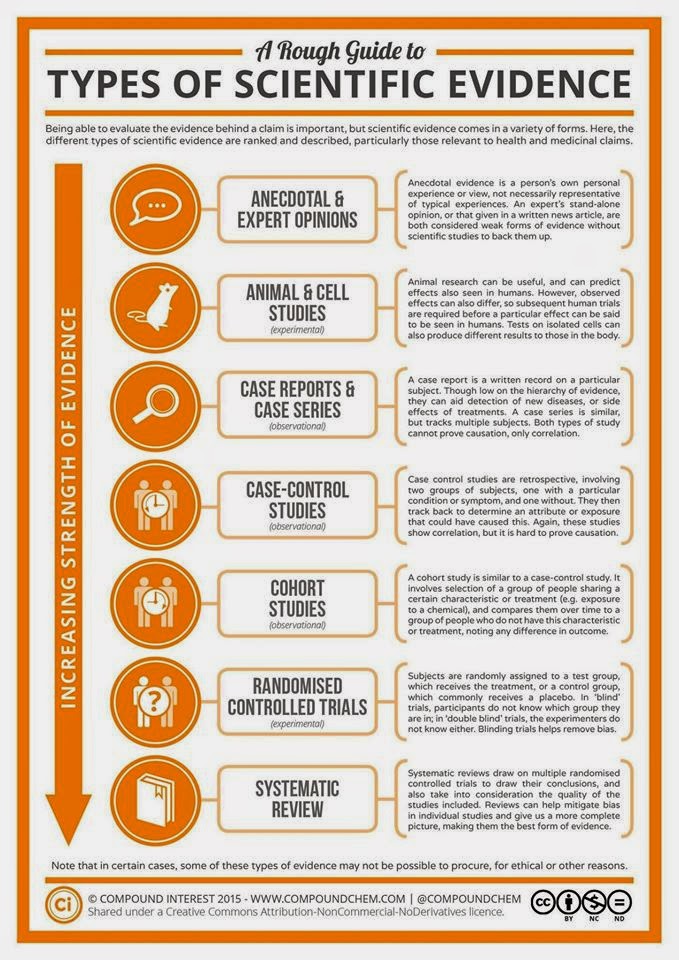
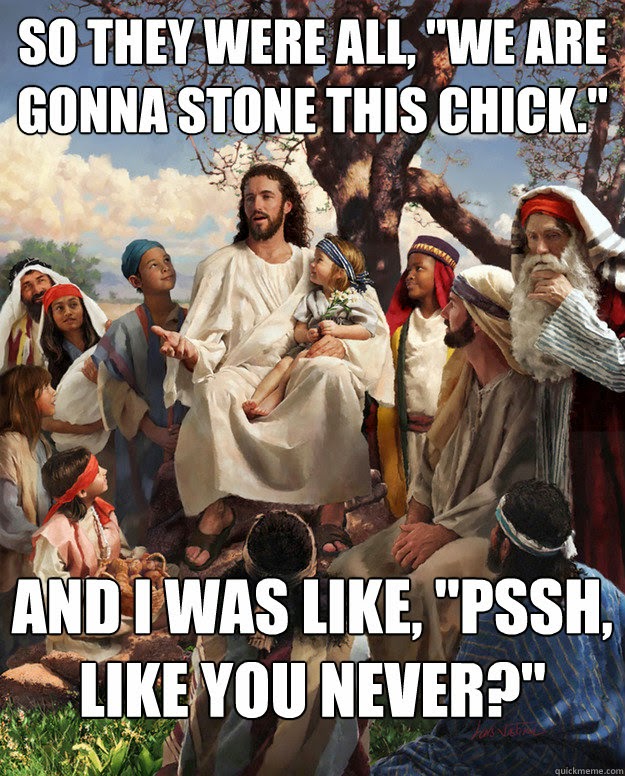
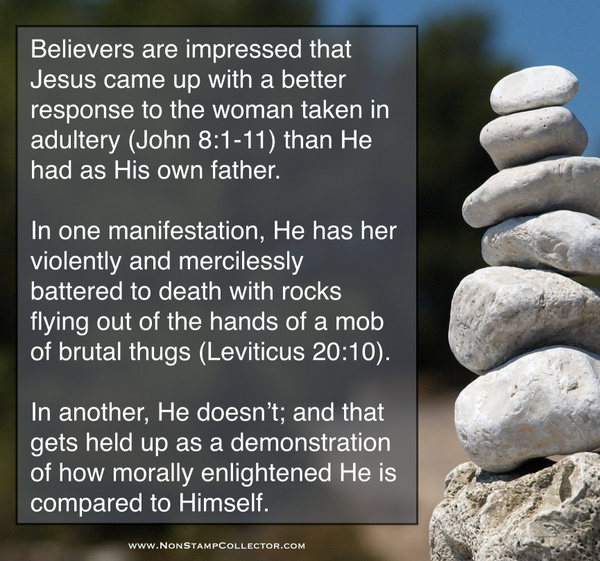
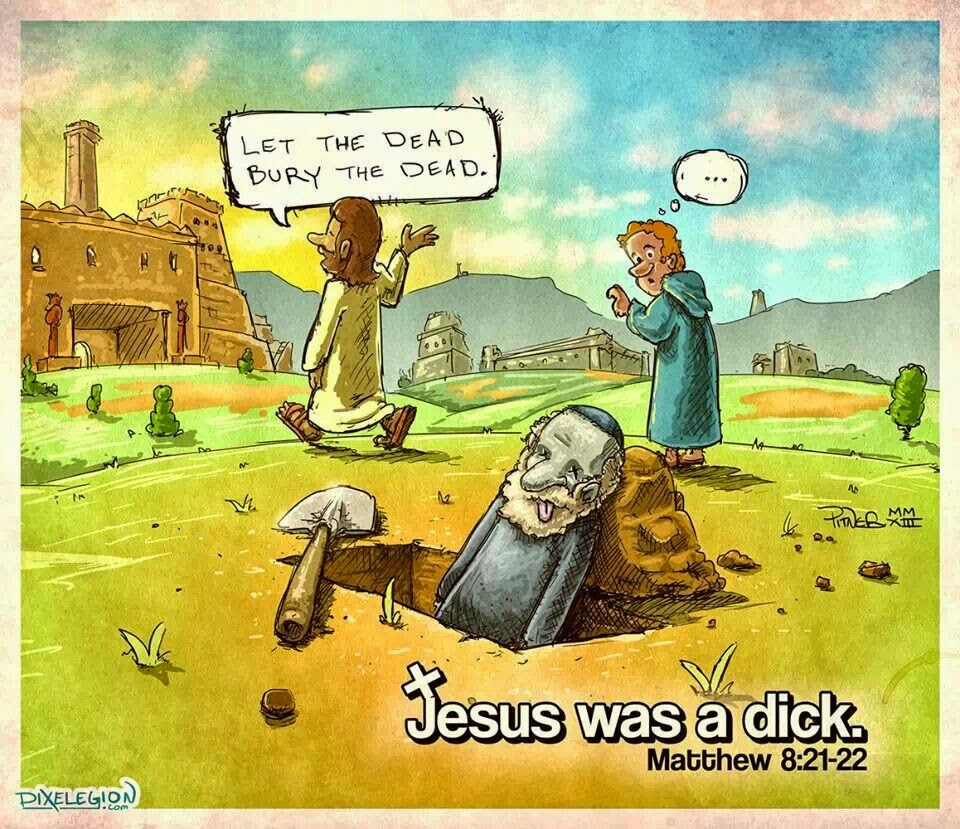
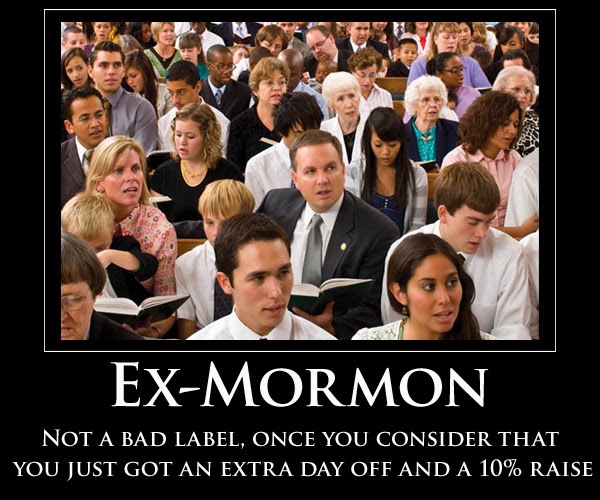
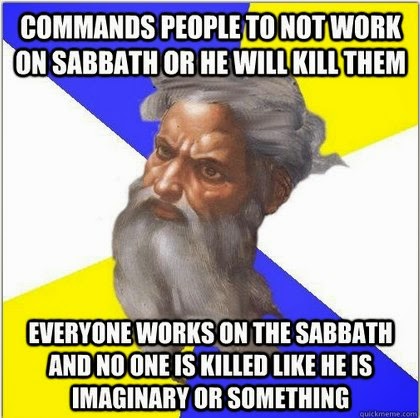




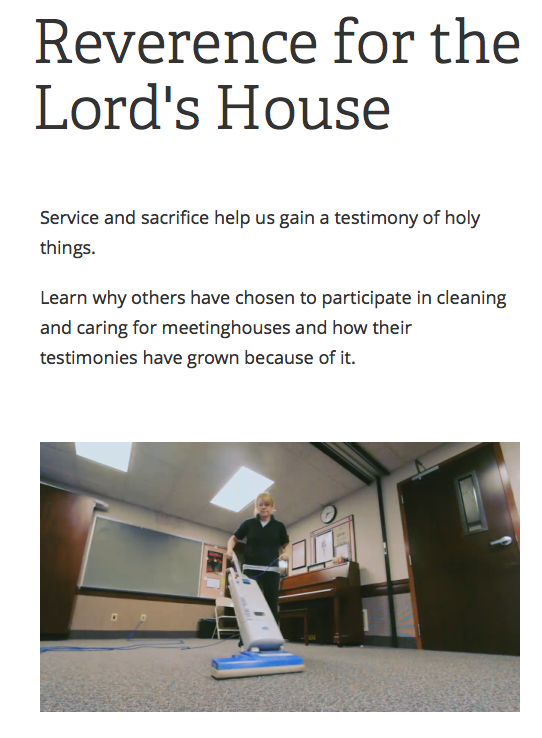





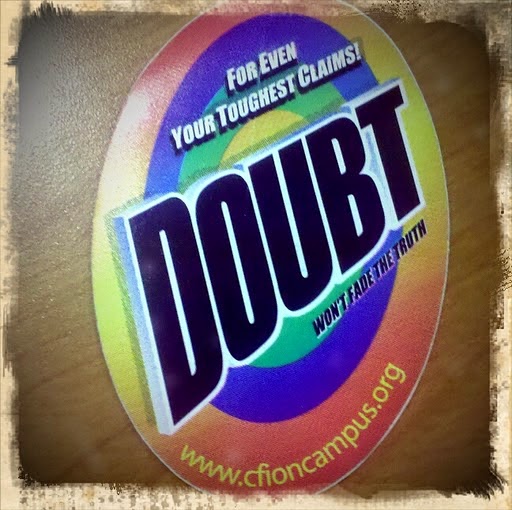
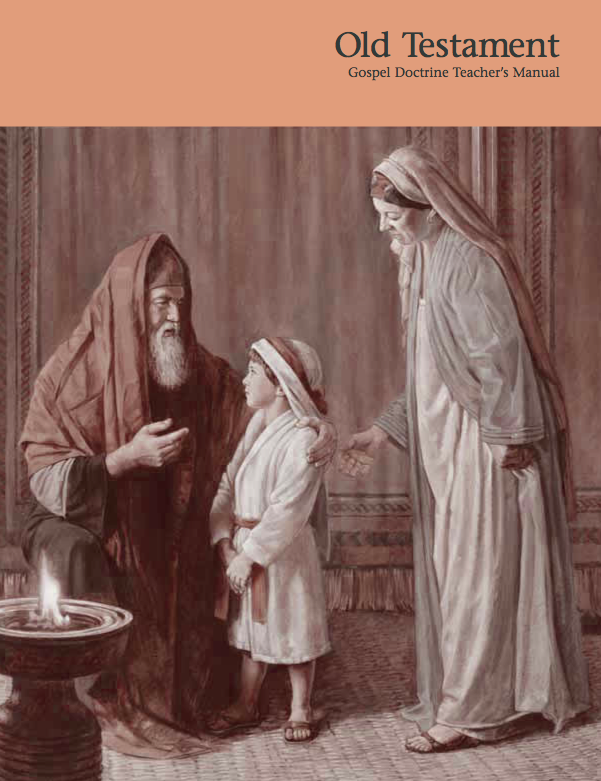
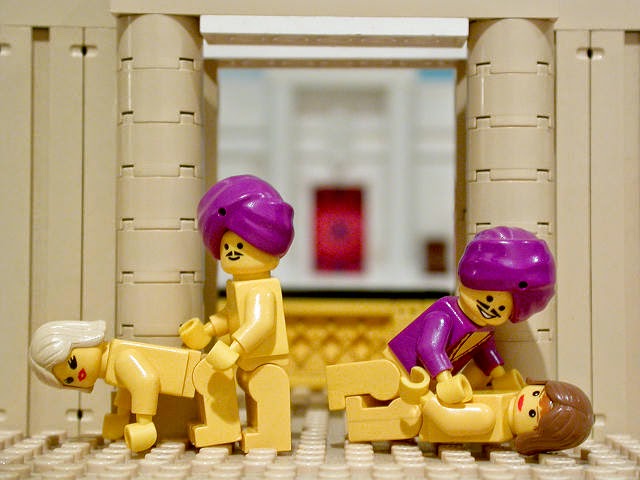






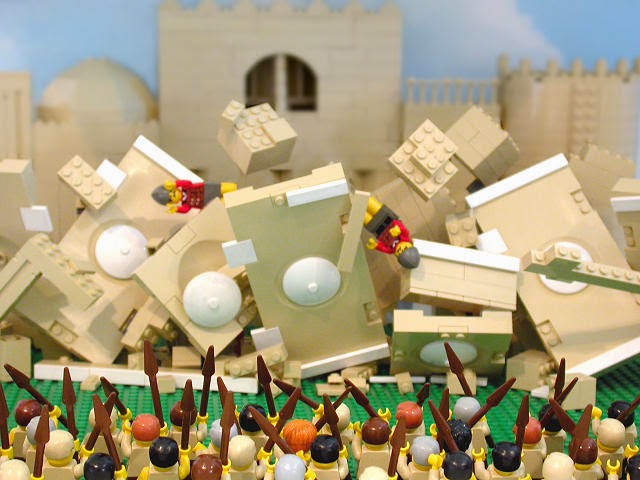



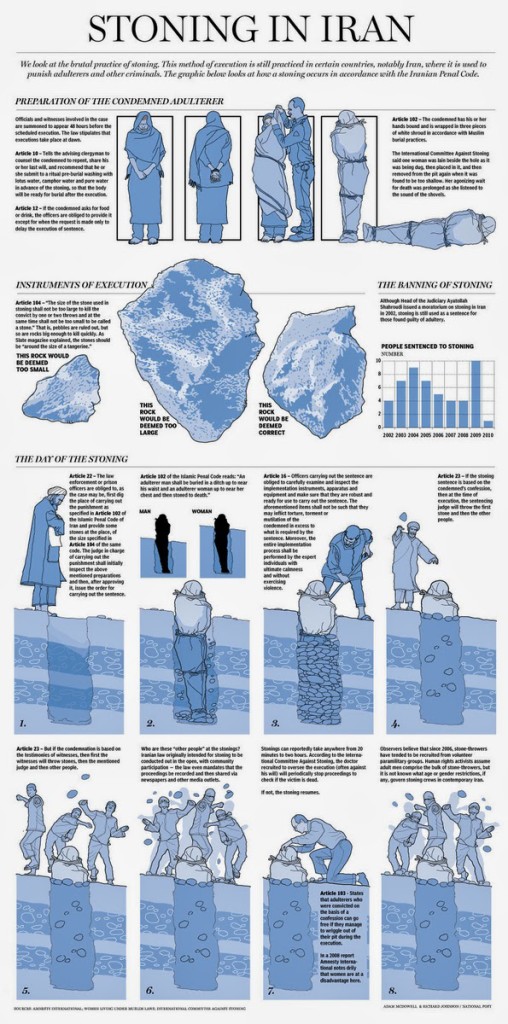

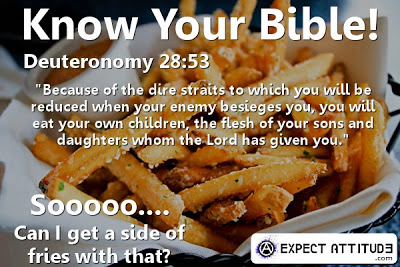
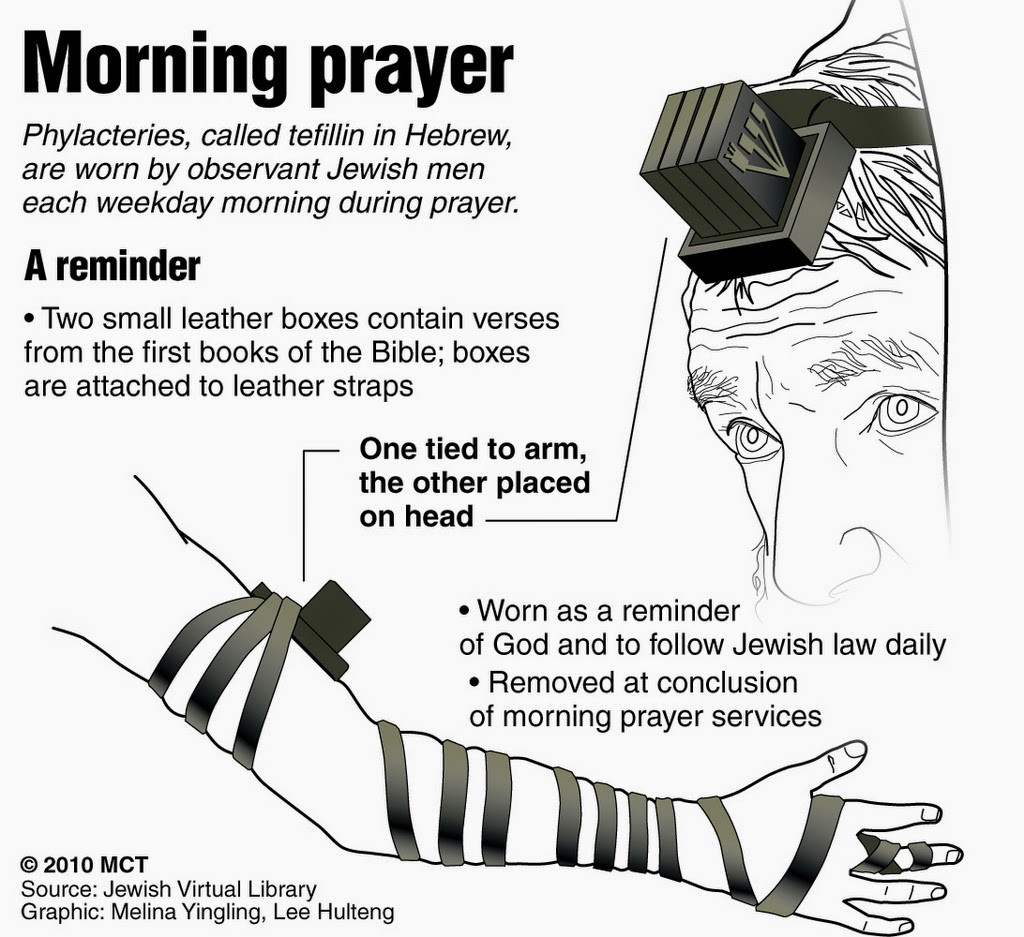




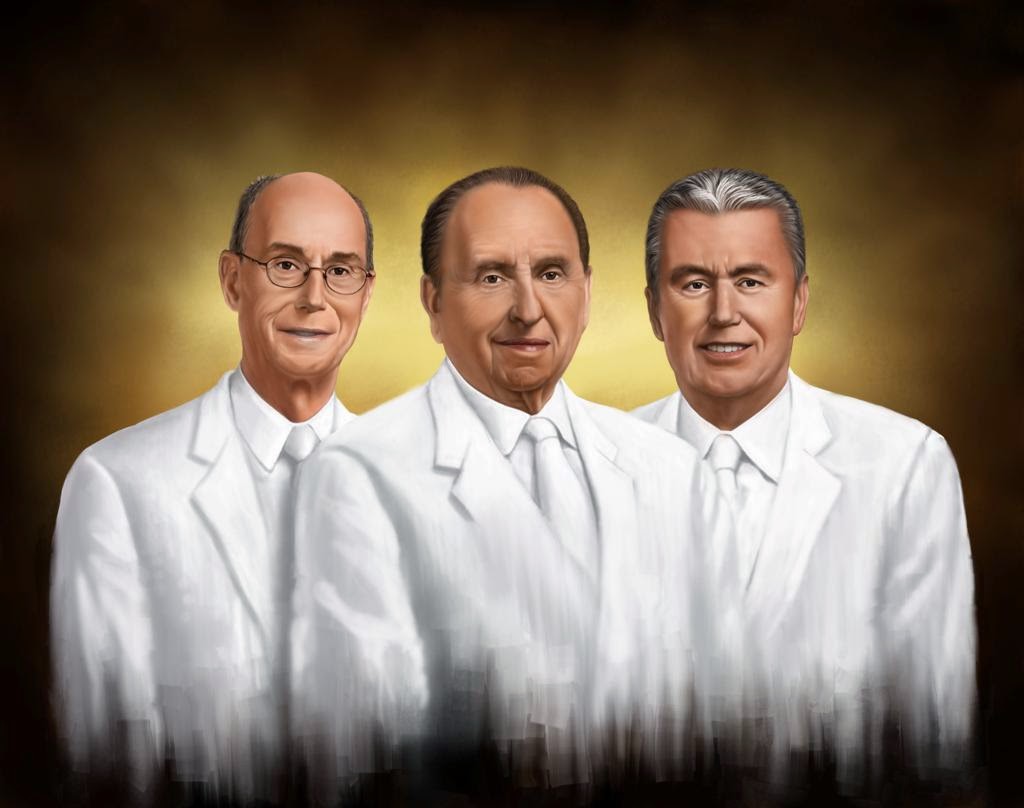

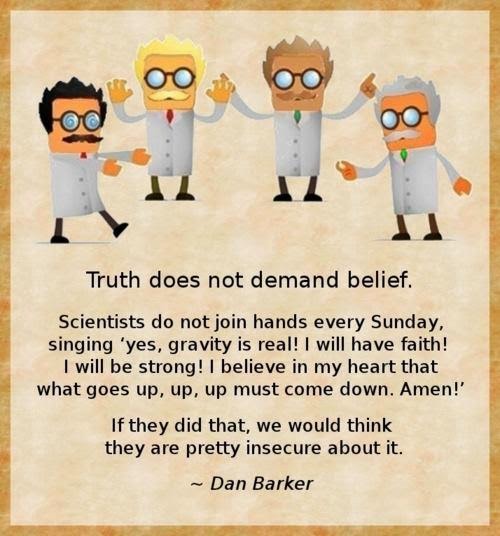
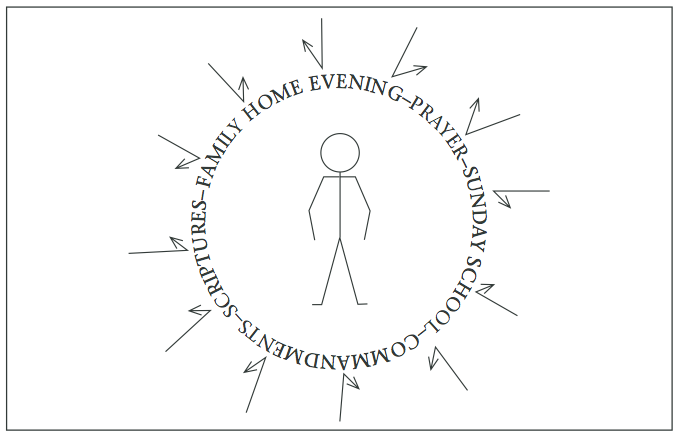

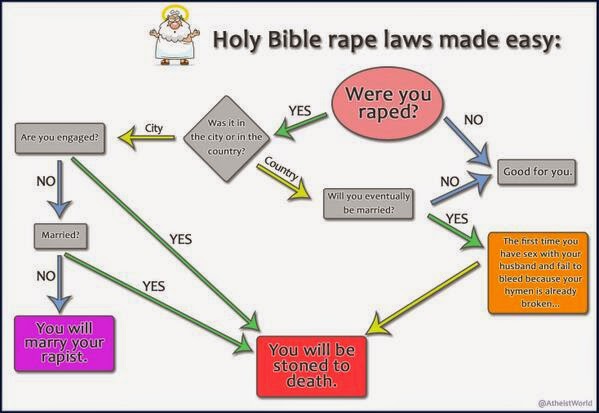

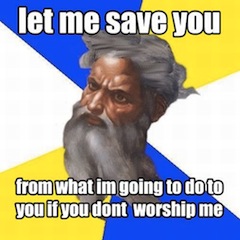
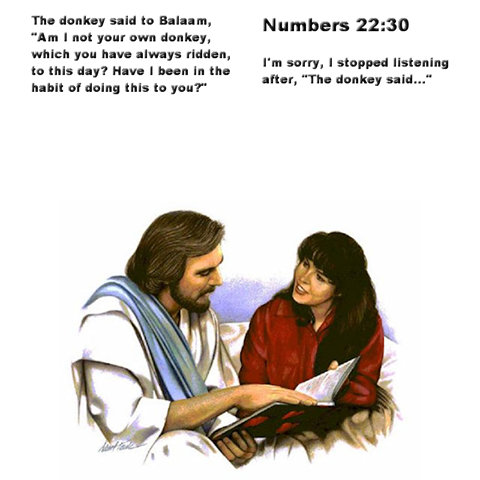

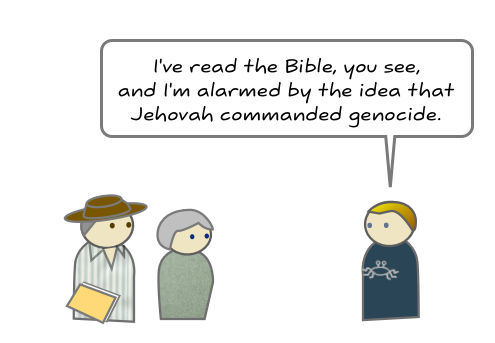

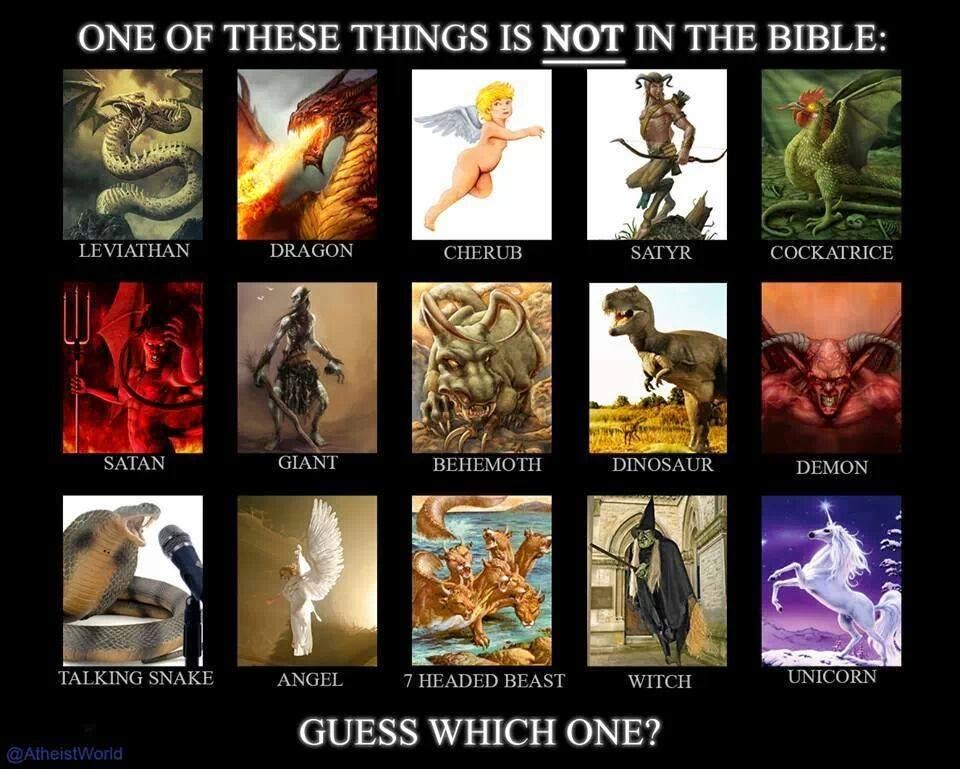







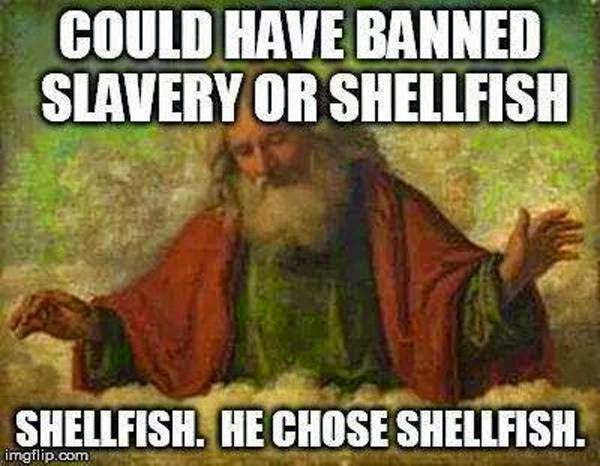



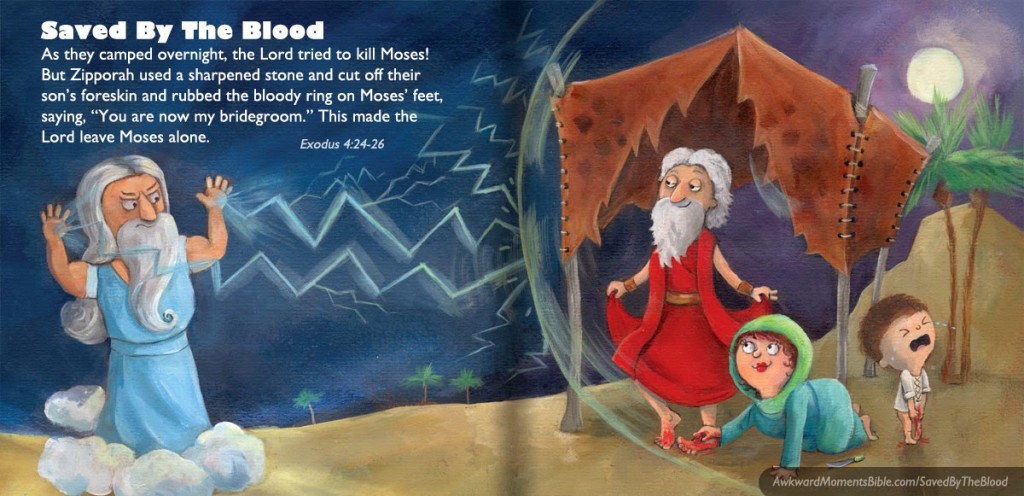
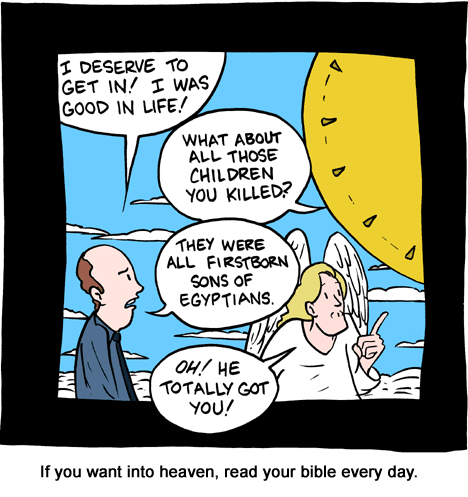
Recent Comments